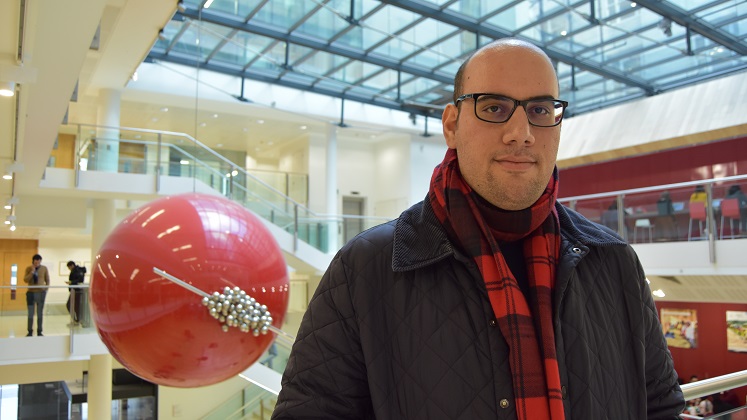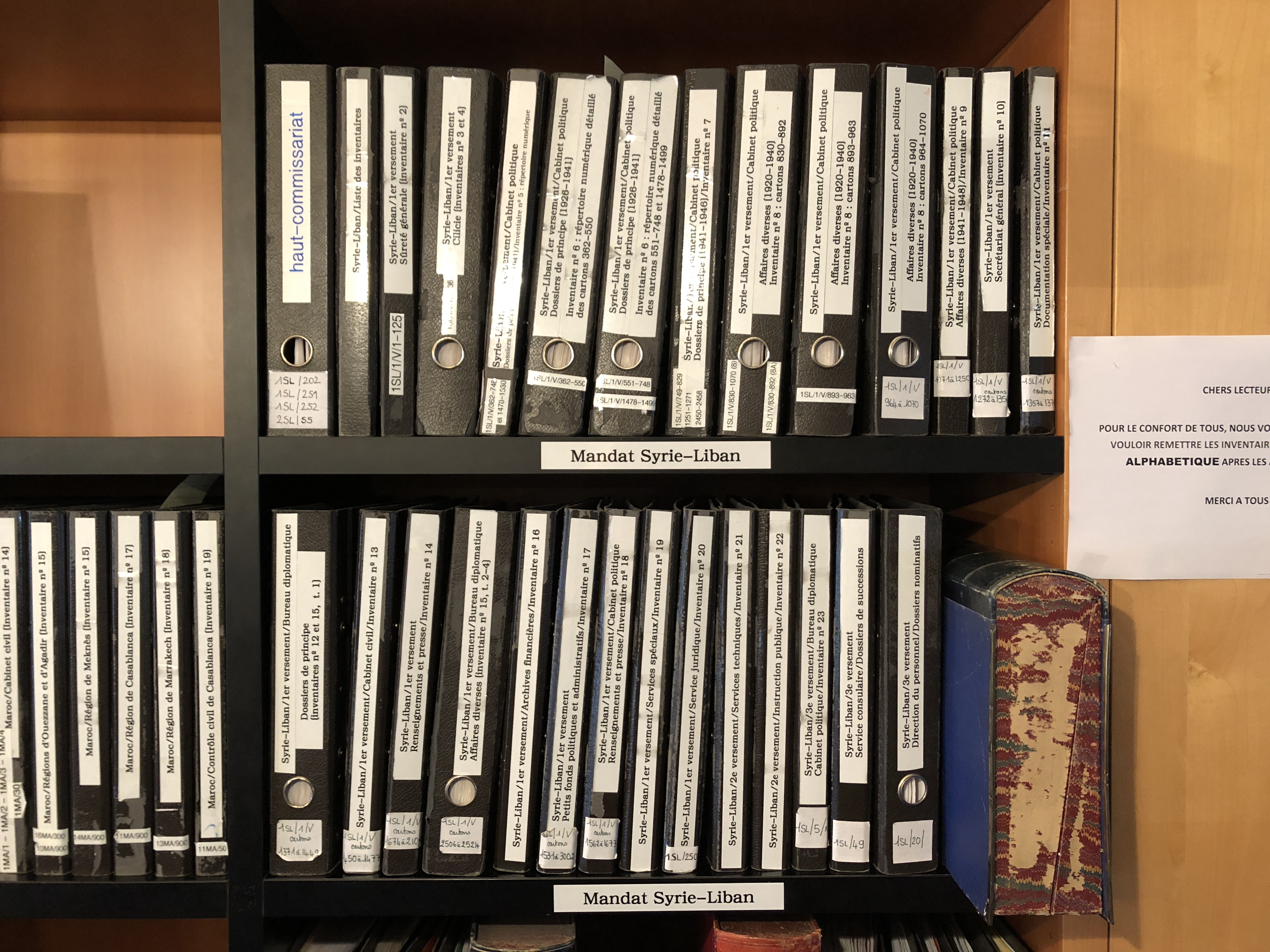LSE is committed to producing global citizens and providing students with opportunities to enhance their degrees. This is why we have been sending students to spend two to three months to one of our institutional partners, like Sciences Po Paris.
Read about Fadi's time in France, and see whether this opportunity might be for you too.
 Why did you apply to the Partnerships PhD Mobility Scheme?
Why did you apply to the Partnerships PhD Mobility Scheme?
My doctoral thesis in International History looks at the politics of partition in French Mandate Syria (1920-1946). Therefore, undertaking research at the archives of the French ministry of foreign affairs and the historical service of the French armed forces, both located in Paris, as well as the diplomatic archives in Nantes, is essential for my doctoral work.
The Partnerships PhD Mobility Scheme allowed me to couple my research work in Paris with a placement at Sciences Po, a leading academic institution, which meant that in addition to carrying out the main tasks of archival research, I had access to the school's library resources and rich student life, but most importantly academic guidance.
What was the best part of your time abroad/What were the best moments of your visit?
This was not my first visit to Paris, but it was my first time living in the city for a prolonged period. It is always great to live in a new places and experience different lifestyles and local cultures. The best moments, however, were the times I found document collections relevant to my research at official French archives.
Having just started the second year of my doctoral programme, I'm absolutely pleased with the rich and diverse material I found in the three months I spent in Paris (and Nantes).
How will you use what you learned there?
The time I spent in Paris was about more than just archival research, although the material I went through will greatly contribute to the writing of my dissertation. Being at Sciences Po, the conversations I had here, and the various books I checked at its library (and other libraries), some of which were not available to me in London (such as rare 19th and early 20th century manuscripts) have, beyond informing my research, helped me grasp the French outlook on the Mandate period and its historiography and broadened my horizons on several issues related to my topic and how to approach them.
How was life at Sciences Po compared to the experience you have had in London?
Living in Paris is definitely a unique experience, but the city is as expensive (at times even more expensive) as London, and here were the mobility scheme greatly helps. I found the whole exercise of being at a different academic institution, and a French one per se, to be really important. For me, it opened new avenues of thinking about different topics, not just those directly relating to my doctoral research.
What are your top tips for potential applicants?
First, plan ahead for your application, especially in terms of establishing contact with a scholar at Sciences Po who would be willing to supervise you while you're there. Second, if you intend on doing archival or any other type of research, try to familiarise yourself with the available source well in advance and contact the institutions you would like to visit. Third, also plan your stay in Paris well in advance, especially in terms of accommodation.
As for transportation, you shouldn't worry so much, the 'Pass Navigo' allows you to travel around Paris and its suburbs for only 75 Euros a month, which is much, much cheaper than transportation in London (the amount is even less if you are under 26 years of age and have a student ID).
Is there anything else that you would like to share with others?
I would strongly recommend you apply for the mobility scheme; having a productive break from your studies in London could be helpful on many levels. Again, I would stress the fact that having to leave the LSE for a while and spend time at Sciences Po, another academic institution of parallel calibre, was a positive shock in the sense that it broke certain patterns of thinking I had developed over the first year of my doctoral programme and opened up new paths of thinking about the topic. Finally, Paris is a great city with a rich culture and a robust academic life. Time spent there will definitely change the way you think about certain issues, even those not related to your academic work.
